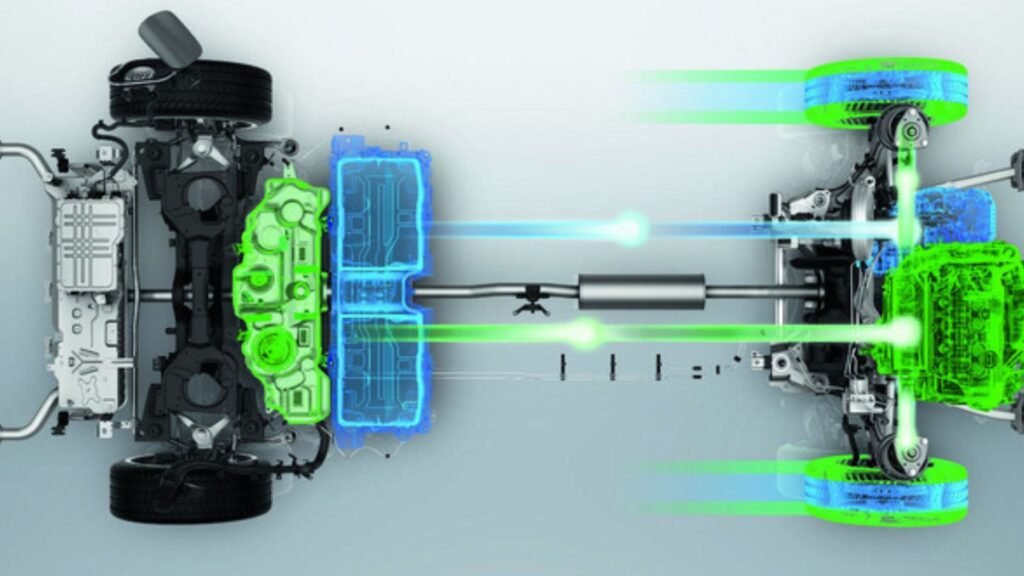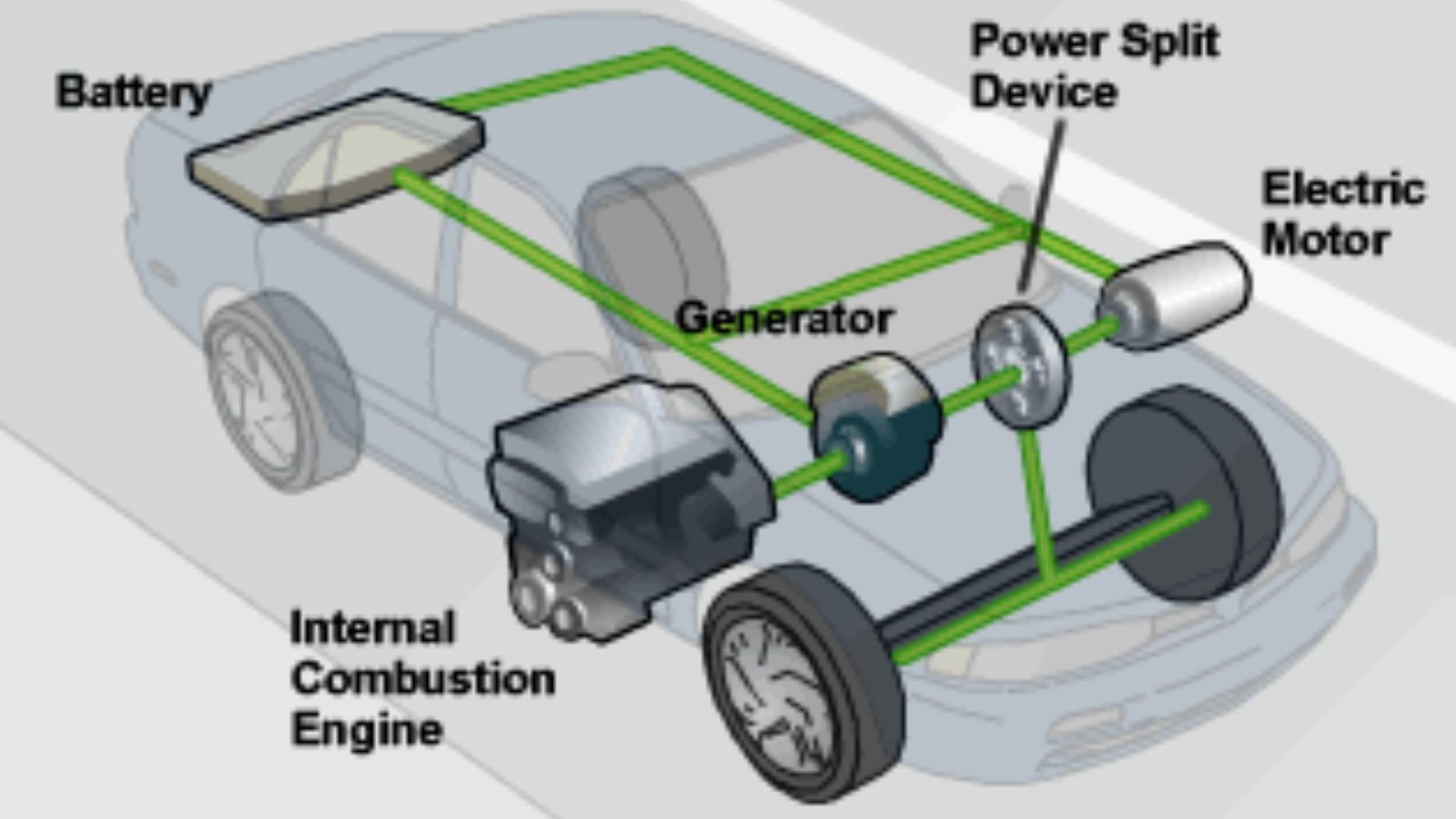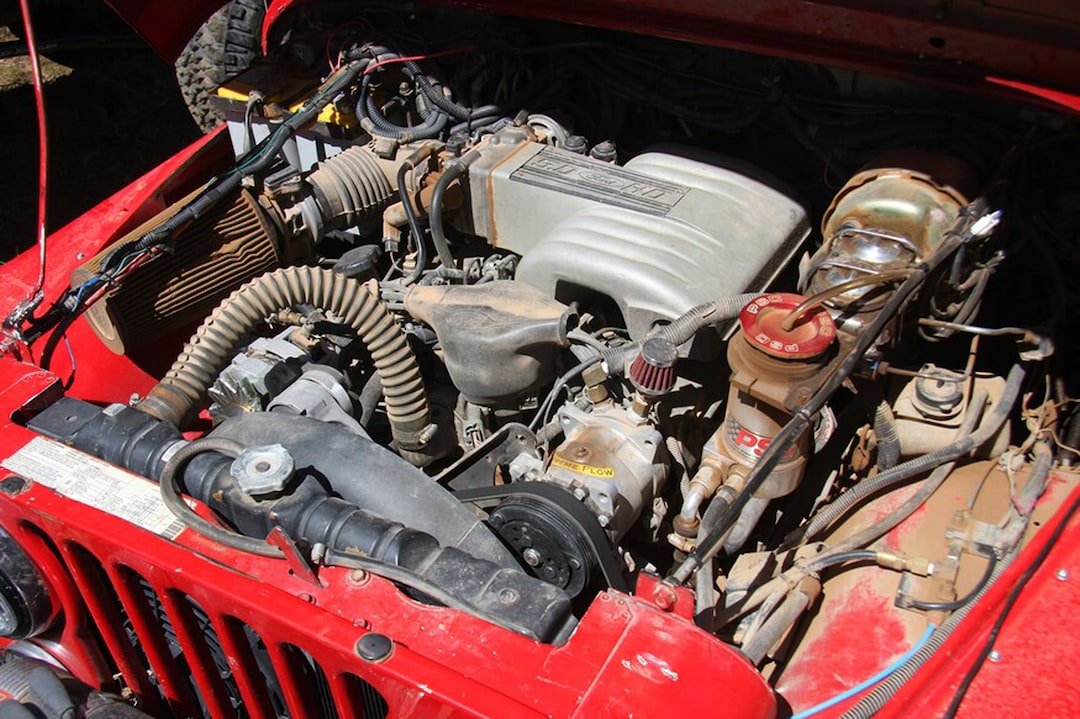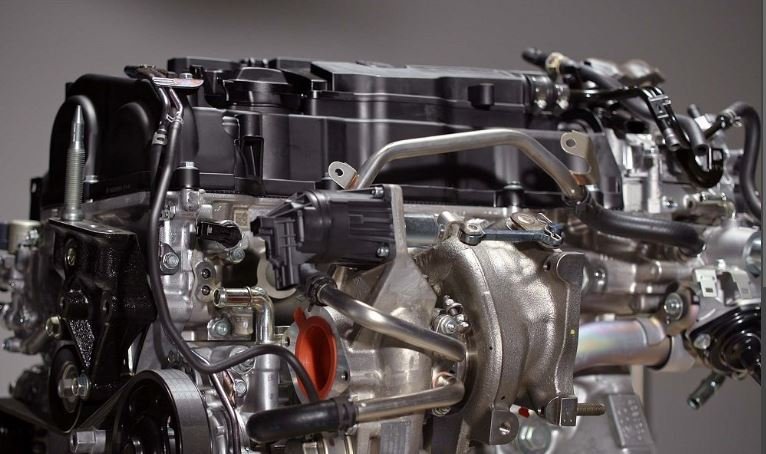Hybrid engines are becoming increasingly popular in modern vehicles. Understanding how hybrid engines work can help you appreciate their benefits and efficiency. This blog post will explain the basics of hybrid engines, their components, and how they operate to deliver improved performance and fuel economy.

The Basics of Hybrid Engines
Firstly, let’s explore the basic concept of hybrid engines. A hybrid engine combines a traditional internal combustion engine with an electric motor. This combination allows the vehicle to use both sources of power, depending on the driving conditions. For instance, when you drive at low speeds, the electric motor can power the vehicle. Conversely, at higher speeds, the internal combustion engine takes over. By switching between these power sources, hybrid engines optimize fuel efficiency and reduce emissions.
Furthermore, hybrid engines use a battery to store and provide energy to the electric motor. This battery is charged through regenerative braking, which captures and stores energy that would otherwise be lost during braking. Consequently, this process helps to recharge the battery without needing to plug the vehicle in, making hybrid engines more convenient for everyday use.
Key Components of Hybrid Engines
To understand how hybrid engines work, it’s important to know their key components. Firstly, there is the internal combustion engine. This engine runs on gasoline or diesel and provides power when needed. Next, the electric motor assists with acceleration and can power the vehicle on its own at lower speeds.
Additionally, the battery pack is crucial for storing energy. This battery is typically located in the rear of the vehicle or under the floor, depending on the design. The regenerative braking system is another key component. It helps to recharge the battery by capturing energy during braking.
Moreover, the power control unit manages the interaction between the electric motor and the internal combustion engine. It ensures that the right amount of power is used for different driving conditions, improving overall efficiency.
How Hybrid Engines Improve Fuel Efficiency
Hybrid engines are designed to enhance fuel efficiency in several ways. Firstly, by using the electric motor at low speeds, the engine consumes less fuel. This is because electric motors are generally more efficient than internal combustion engines at lower speeds.
Additionally, hybrid engines utilize regenerative braking to recharge the battery. This process recovers energy that would otherwise be wasted, allowing the vehicle to operate more efficiently. As a result, hybrid engines often achieve better fuel economy compared to traditional engines.
Furthermore, hybrid engines often feature advanced power management systems. These systems optimize the use of both the electric motor and the internal combustion engine, ensuring that fuel is used more effectively. Consequently, this leads to reduced fuel consumption and lower emissions.
Benefits of Hybrid Engines
Hybrid engines offer several benefits beyond improved fuel efficiency. Firstly, they produce fewer emissions compared to traditional engines. By using electric power at low speeds, hybrid engines reduce the amount of harmful gases released into the atmosphere. This contributes to a cleaner environment and helps combat air pollution.
Additionally, hybrid engines provide a smoother driving experience. The seamless transition between electric and gasoline power results in less engine noise and vibration. This makes for a more comfortable ride for passengers.
Moreover, hybrid engines often qualify for government incentives and tax credits. These incentives can help offset the initial cost of purchasing a hybrid vehicle, making it a more attractive option for many buyers.
Conclusion
In conclusion, understanding how hybrid engines work can help you appreciate their efficiency and benefits. By combining an internal combustion engine with an electric motor, hybrid engines optimize fuel economy and reduce emissions. Key components like the battery pack, regenerative braking system, and power control unit work together to enhance performance and efficiency. As hybrid technology continues to evolve, it offers a promising solution for more sustainable and eco-friendly transportation. Whether you’re considering a hybrid vehicle or just curious about how they operate, knowing the basics of hybrid engines can provide valuable insights into their advantages and capabilities.




